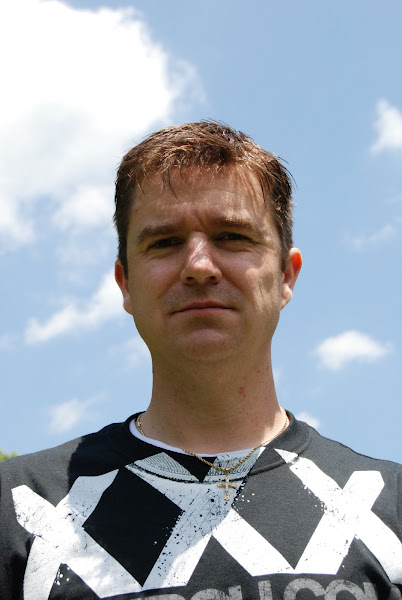
I earned an M.Div. from the Graduate School of Theology at Abilene Christian University (or ACU) in west Texas (pictured to the left). I attended ACU for a number of reasons, for example, at the time I was interested in Ph.D. work and the seminary has an excellent reputation of sending a large portion of its graduating class on to top tier doctoral programs but the real selling point was that ACU was (and is) relatively cheap!
While seminary shopping, I was astounded by the high cost of earning a theological education at many Christian universities. I looked at Fuller, Trinity Evangelical Divinity School, Dallas Theological Seminary, etc. and all were going to put me in debt to the same degree as a recent law school grad but with only 1/3 of the earning potential! In fact, one of the reasons I chose to go to law school instead of a Ph.D. program was because my wife wanted to adopt orphans from international agencies and I didn't think I could afford it on a seminary prof's salary (despite the high cost of seminary, most professors earn less than the average pastor!).
-744844.jpg)
Recently, John Piper announced that he is creating a training program at Bethlehem Baptist Church with the hopes of eventually creating a cheap (if not wholly free) seminary. Piper rightly bemoans the cost of attending bible college and/or seminary while also complaining that too many programs are divorced from real life pastoral work (amen!). Piper's vision is that churches across the country will institute training programs complete with weekly ministerial duties that will accompany classroom instruction.
Now, Piper is not a total innovator. Francis Chan has been doing the same thing at his church in Simi Valley, California for missionaries and church planters. Shane Claiborne trumpets the Alternative Seminary in Philly (although from what I've seen it wholly consists of reading through books of the Bible only through a liberation lens, which, in my opinion, is intellectually narrow and impractical).
The time has come for alternative theological education. Churches with the resources should help their pastors earn both professional and academic doctorates so that they in turn can train parishioners at night and on weekends to be ministers in their hometowns while the students continue to help feed their families and hold down unnecessary debt.
Lord willing, I hope to earn both a Th.D. and a D.Min. over the next few decades in order to train ministers in my own context. The time has come.
